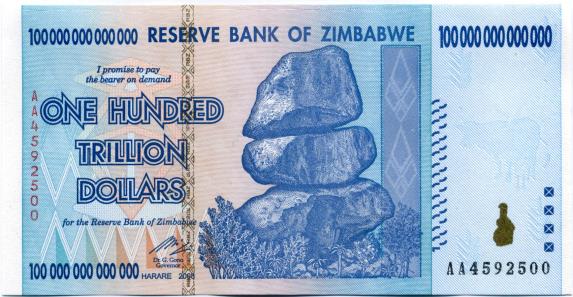Borachio
Way past lunacy
- Joined
- Jan 31, 2012
- Messages
- 26,698
If you can have a thread devoted to East Asia, why not one for Africa?
Still, if you don't want one, don't use it.
http://www.bbc.co.uk/news/world-africa-26034078
Still, if you don't want one, don't use it.
http://www.bbc.co.uk/news/world-africa-26034078
Once known for its billion dollar notes and hyper-inflation, Zimbabwe must be the only place in the world to have eight currencies as legal tender - none of them its own.
For the last five years most people have been using US dollars or South African rand, but pula from Botswana and British pound sterling have also been changing hands.
Now the central bank is also allowing the use of Australian dollars, Chinese yuan, Indian rupees and Japanese yen.
For the moment, customers can open bank accounts in these currencies but the hard cash is not yet in circulation.
"I definitely think there is going to be confusion being caused by so many currencies - for a cashier to be handling so many currencies at the same time," says Denford Mutashu, general manager of Food World, a nationwide supermarket chain.
Currently most shops in the capital, Harare, mark prices in US dollars. The rand is more commonly used in Bulawayo, closer to the South African border - and cashiers check daily exchange rate for conversions.






